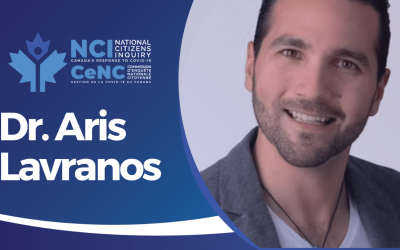Manitobans are waiting a week longer for health-care services than a year ago, a new survey reveals.
The Fraser Institute, a right-wing think-tank, released its 16th annual Wait Your Turn survey on Tuesday showcasing health-care wait times across the country.
Wait lists in Manitoba jumped to an average of 18 weeks for services such as CT scans and orthopedic surgery – a nine per cent increase from 2005.
The median wait to see a specialist in Manitoba is 7.7 weeks, and Manitobans wait an average of 10.3 weeks after seeing a specialist to receive treatment.
Last year, the same survey showed Manitobans had the second shortest average wait time in the country, waiting an average of 16.6 weeks from the time they initially see their family doctor until they receive treatment.
Nadeem Esmail, senior health policy analyst with the Fraser Institute, said wait lists are increasing in Manitoba and across the country. The national average for total wait times increased slightly to 17.8 weeks because of wait list increases in Manitoba, B.C., Saskatchewan, New Brunswick, Quebec, P.E.I. and Nova Scotia.
Wait lists across the country hit an all-time high in 2003, when the median wait from the initial visit until treatment hit 18 weeks.
“Wait lists are a problem, but they are a symptom of another problem – a poorly designed health system,” Esmail said. “The problem is really a disconnect between expenditures and health access in Canada.”
The latest report shows Manitoba had the third shortest total wait times in the country, behind Ontario at 14.9 weeks and Alberta with 16.3 weeks. New Brunswick had the longest wait lists in the country, with an average of 31.9 weeks.
Last November, the province rolled out a $155-million plan to reduce wait lists by doing more surgeries, diagnostic testing and hiring more doctors. The plan included announcing maximum wait times for areas including cardiac surgery, cancer treatment, eye surgery, orthopedics, diagnostic tests, kid’s dental surgery, pain management, sleep disorders and mental health.
Reducing wait times has been a cornerstone of provincial NDP since its election campaign in 1999.
Health Minister Theresa Oswald said the province has made great strides in reducing wait times for cardiac surgery and orthopedic surgery, but still needs to work on other areas, like diagnostics.
Manitobans had to wait eight weeks – the longest in the country – for an ultrasound in 2006.
Oswald noted that only about 90 doctors out of 300 in Manitoba responded to the survey, and that the information should be used in combination with data from regional health authorities to get the full picture on provincial wait lists.
“I tend to look at these numbers a little more closely,” she said. “There are areas where we’ve seen dramatic improvement and there’s areas we need to look at more closely.”
Oswald said the province has doubled its target of 500 additional orthopedic surgeries, and is working to centralize patient wait times in a variety of areas.
Manitoba also had the second shortest wait in the country for a referral to see a specialist.
Nationally, the shortest wait lists are for cardiac surgery, and cancer treatment. Meanwhile, wait times for neurosurgery, plastic surgery and orthopedic surgery are on the rise. Canadians waiting for any of these surgeries can expect to wait an average of 31 weeks for neurosurgery, 35 weeks for plastic surgery and 40 weeks for orthopedic surgery.
Wait time facts
New wait times data for Manitoba 2006 (compared to 2005)
WHAT’S UP:
WHAT’S DOWN:



